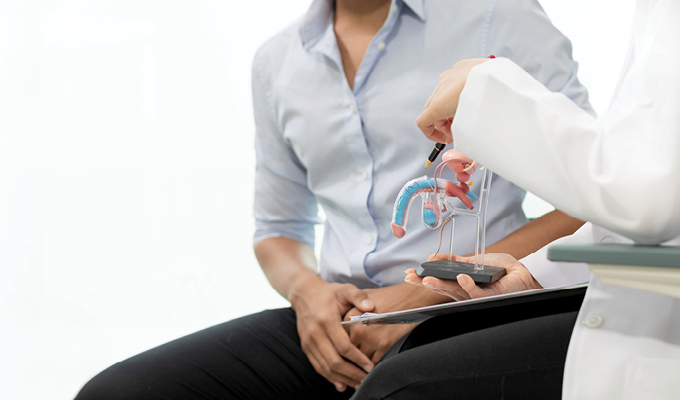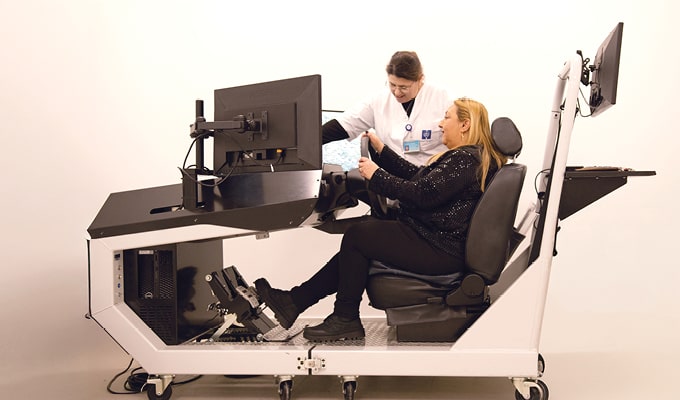May is Mental Health Awareness Month, and on this month's episode of Hadassah On Call, we're talking with Dr. Shiri Ben-David, the chief psychologist at the Hadassah Medical Organization. She says that some 500,000 Israelis have post-traumatic stress disorder (PTSD) as a result of the October 7 Hamas attack. This does not include those Israelis who are suffering but may not have a diagnosis.
Dr. Ben-David notes that roughly 20 percent of individuals exposed to trauma develop PTSD. She outlines symptoms such as sleep difficulties, concentration issues, irritability, and anger. Are specific individuals more prone to PTSD? Dr. Ben-David explains that younger individuals, those with lower socioeconomic status or those with previous trauma experiences are more susceptible to PTSD.
"Statistics show that the closer you are and the more persistent the trauma is, the more you are prone to developing PTSD," Dr. Ben-David explains.
Israel does not have a disproportionately high number of people with mental health disorders compared to other Western countries, according to Dr. Ben-David. However, there is a striking deficiency in mental health care providers.
Since October 7 and the opening of the Gandel Rehabilitation Center, Jerusalem's largest and most comprehensive physical and mental health healing facility, Hadassah has been working on hiring more staff and providing psychological services to people harmed or displaced by the massacre. Ben-David says the best way the community can help people with mental disorders is to integrate them into society.
"Social support is one of the major protective factors against mental deterioration in all kinds of mental disorders," says Dr. Ben-David. "Being supportive is one of the best things we can do if we want people with cognitive disabilities to be part of the community."
Further learning:
- Read and watch our previous episode covering PTSD, [Hadassah On Call] You, Me & PTSD
- The Media Line: Hadassah Helping Israelis Heal From PTSD
- Hadassah Medical Organization grapples with hundreds of wounded and a country with PTSD
- Hadassah Doctor Shares His Expertise in PTSD with Mexican Colleagues
"Hadassah On Call: New Frontiers in Medicine" is a production of Hadassah, The Women's Zionist Organization of America. Hadassah enhances the health of people around the world through medical education, care and research innovations at the Hadassah Medical Organization. For more information on the latest advances in medicine, please head over to hadassah.org.
This episode includes promotions for:
Our recent episode with Dr. Yechiel Gellman
If you are enjoying this episode, you’ll want to check out our previous episode with Dr. Yechiel Gellman, a senior foot and ankle surgeon at the Hadassah Medical Organization. Dr. Gellman discusses the importance of foot health and new available treatments.
Visit the podcast webpage at hadassah.org/hadassahoncall and click on the red donate button at the bottom of the page. Thanks so much for listening and for helping us make a great impact!
Hadassah Stories Website section Want to know more about Hadassah's work and how our people, our advocacy and our doctors' medical breakthroughs make an impact here in Israel and around the world? Some of the content on our website this month includes stories about what's new at the Gandel Rehabilitation Center, May’s Jewish days of remembrance and celebration, new developments in Hadassah’s End the Silence campaign to end gender-based violence and how the iconic Chagall windows provide a source of light in dark times. Visit the Hadassah Stories website to learn more at hadassah.org/stories.



.svg)



